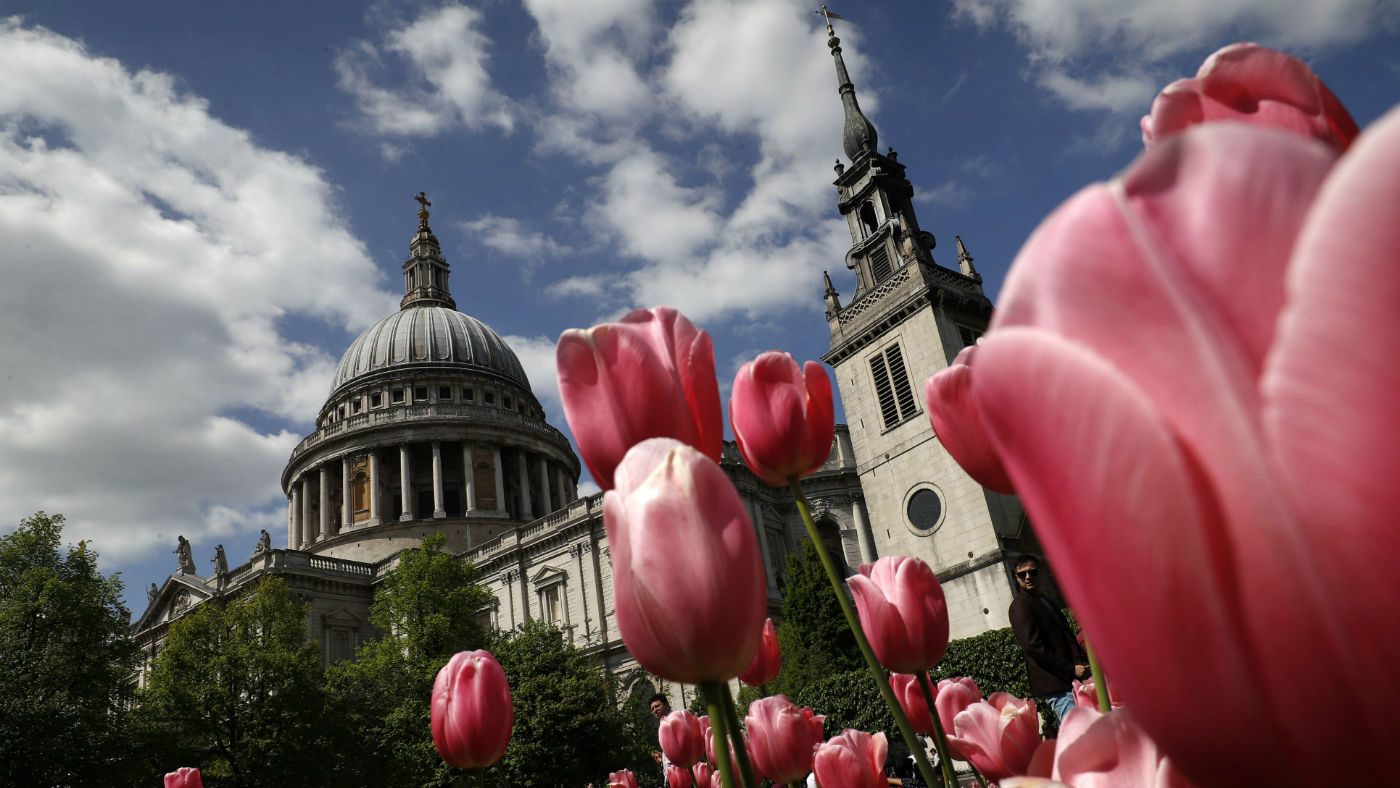Church groups flex their financial muscles on executive pay and climate change
Church Investors Group pushes for greater gender equality, tax transparency and divestment from fossil fuels

A free daily email with the biggest news stories of the day – and the best features from TheWeek.com
You are now subscribed
Your newsletter sign-up was successful
Church investors have flexed their sizeable financial muscles by vowing to pressure companies which have no women directors or a questionable tax record.
Understanding investment: a guide to cash, equities and bonds New trends in investment scams Is Latin America a great investment opportunity for 2019?
The Church Investors Group, which manages a pension fund worth over £21 billion, says it will vote against board appointments of FTSE 350 firms which have poor polices on tax transparency and climate change.
The CIG, which boasts 67 members including the pension funds of the Church of England and Methodist Church, will also vote against pay reports which fail to disclose the pay ratio between top bosses and workers.
The Week
Escape your echo chamber. Get the facts behind the news, plus analysis from multiple perspectives.

Sign up for The Week's Free Newsletters
From our morning news briefing to a weekly Good News Newsletter, get the best of The Week delivered directly to your inbox.
From our morning news briefing to a weekly Good News Newsletter, get the best of The Week delivered directly to your inbox.
The new guidelines, which will also apply to the Russell 50 index of biggest US companies, will see CIG members vote against the chairs of companies with a score of zero for tax transparency in the FTSE ESG Ratings.
These rate environmental, social and governance matters, and currently include Exxon and Amazon, according to the Financial Times.
It forms part of the Church of England’s “ethical” investment strategy that has seen it divest from fossil fuels in recent years.
Its £8.3bn investment fund holds stakes in major blue-chip companies such as pharmaceutical giant GlaxoSmithKline, HSBC, Tesco, Microsoft and Samsung.
A free daily email with the biggest news stories of the day – and the best features from TheWeek.com
However, “it has been criticised for some of its investments”, says the BBC.
Last autumn, the Church said it was keeping its shares in Amazon, less than a day after the Archbishop of Canterbury, Justin Welby, said the online retailer was “leeching off the taxpayer”.
Yesterday the Financial Times reported that “charities which invest in assets at odds with their purpose face fresh scrutiny following a request for a legal judgment on what trustees can do with the billions of pounds they oversee”.
In an open letter, signed by the Joseph Rowntree Charitable Trust, the RSPB, the Quakers and 18 others, the group asked for specific guidance on whether they should invest in companies that contribute to dangerous climate change.
“The move is the latest example of a growing focus on ethical investment and whether charities should maximise returns to donate to their chosen causes, or divest from activities which undermine those objectives such as global warning, payday loans or marketing foods high in sugar to children,” says the FT.
Several high profile charities “have come under fire recently,” City A.M. says, “for investing in companies that act against their charitable aims, as there is currently no regulatory requirement for charities to have a responsible investment policy”.
Last year the National Trust was criticised for investing in a fund with holdings in fossil fuel companies, while the Church of England was found to have invested in Wonga despite having previously criticised the payday lender.